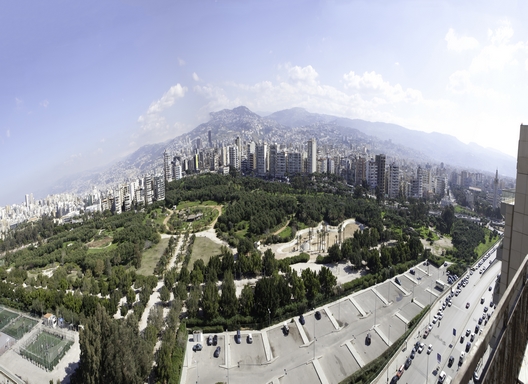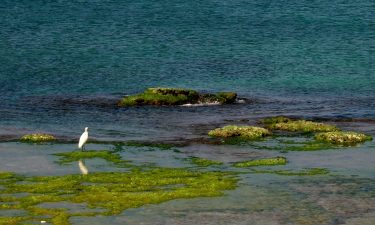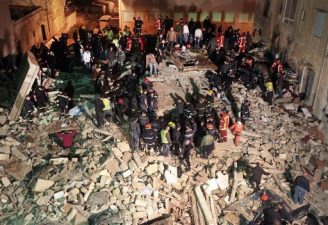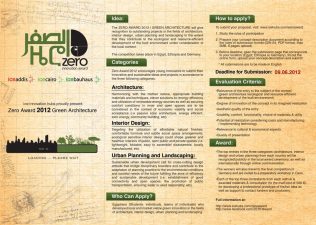 Stuck in the bygone days of rampant Lebanese nepotism, Mr. Bilal Hamad, the Mayor of Beirut municipality, is delaying a plan to open one of the capital’s last remaining green spaces to less privileged members of society. Nanhoo Executive Director Mohammad Ayoub says that Mr. Hamad worries about dirty people trashing Horsh Beirut (also known as the Pine Forest) and setting it on fire, but the youth organization’s leader says these fears are baseless.
Stuck in the bygone days of rampant Lebanese nepotism, Mr. Bilal Hamad, the Mayor of Beirut municipality, is delaying a plan to open one of the capital’s last remaining green spaces to less privileged members of society. Nanhoo Executive Director Mohammad Ayoub says that Mr. Hamad worries about dirty people trashing Horsh Beirut (also known as the Pine Forest) and setting it on fire, but the youth organization’s leader says these fears are baseless.
More serious for the sake of public health and peace is the issue of the capital’s chronic lack of green space, which concerned citizens and activists addressed tonight at the Nahnoo office on Salim AlKhoury Street in Beirut. Their strategy? To invade the city with guerrilla picnics.
Nepotism in disguise
Recognized as a public space since the 1840s, two thirds of “Horsh Al-Sanawbar” has been closed to the general public since 1995. Wealthier members of society can gain access to the greenest and most appealing parts of the park through personal favors or connections, but everyone else has to make do with the rest.
Mr. Ayoub says that his is problematic for several reasons.
“Beirut is bordered by five suburbs with different cultural, religious and political backgrounds,” he told us. “The tension between these areas increased in the last five years, especially after the multiple political crises that led to the disruption of security and stability in Lebanese society.”
The dearth of public space in Beirut’s “concrete jungle” seems to reinforce these divisions since opportunities for spontaneous interaction never occur. In addition to creating space for children to play and youth to congregate, Mr. Ayoub says that carefully-planned green spaces can bridge the gap between sectarian divisions.
But the municipality has yet to properly acknowledge the benefit of green spaces.
Green space is an inalienable right
“Former Green line president Salman Abbas launched a campaign, in 1999, to turn the 213,000 square meter Hippodrome and Pine Forest into a public garden,” says Mr. Ayoub. The plan included creating an experimental theater, cafeterias and open-air sports and recreational facilities that would help to generate income.
Even this was not sufficiently appealing to the municipality, which told Abbas that Beirut has enough green space. The World Health Organization (WHO) recommends 40 square meters of green space per person in a city environment. Beirut only offers 0.8 square meters.
A major campaign raised by Nahnoo has raised the profile of Horsh Beirut and government and media are now paying attention to a subject that has languished under the weight of political and personal apathy. With that weight now lifted and energy among dissenters high, Nahnoo is organizing a series of conferences aimed and educating and empowering youth to engage in civic dialogue.
Unless Mr. Hamad makes good on his promises to open the park following a lively municipal meeting, Nahnoo’s posse plans to invade the city by building a series of green spaces in any nook and cranny imaginable. There they will invite their friends to join them for a picnic as a passive means of drawing attention to the notion that green spaces are a human right that many people don’t know they possess.
There’s nothing sinister or violent about this intervention. This is democracy at its best. It is informed, intelligent and it is gentle. And when this park is won, Nahnoo has plans to open three more.
image via Nahnoo
More on Beirut and the Concrete Jungle:
Beirut’s Rooftop Revolution (Interview)
Beirut Activists Try to Green the Grey of Their Urban Environment
Lebanese Democratically Demand Access to Urban Park



